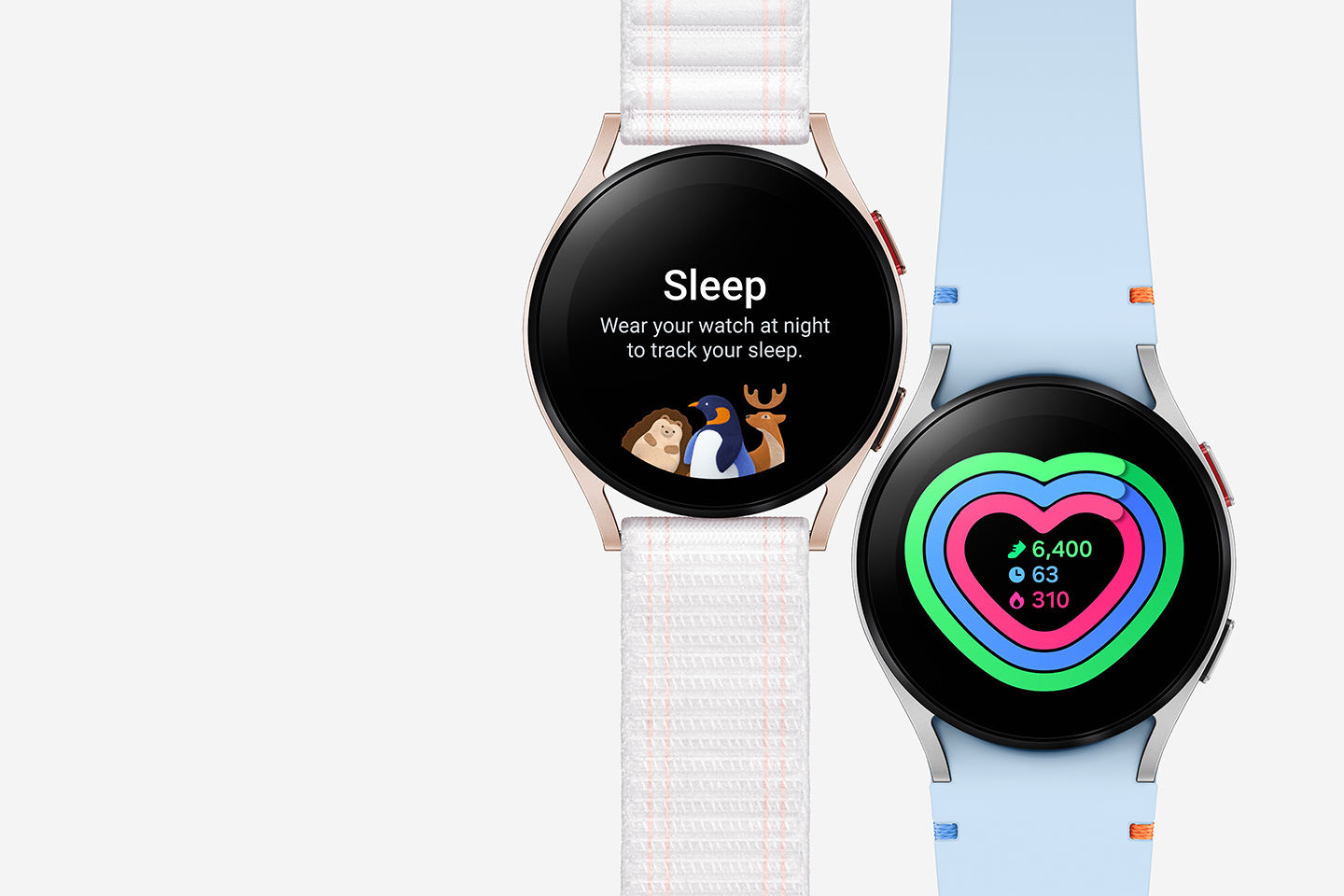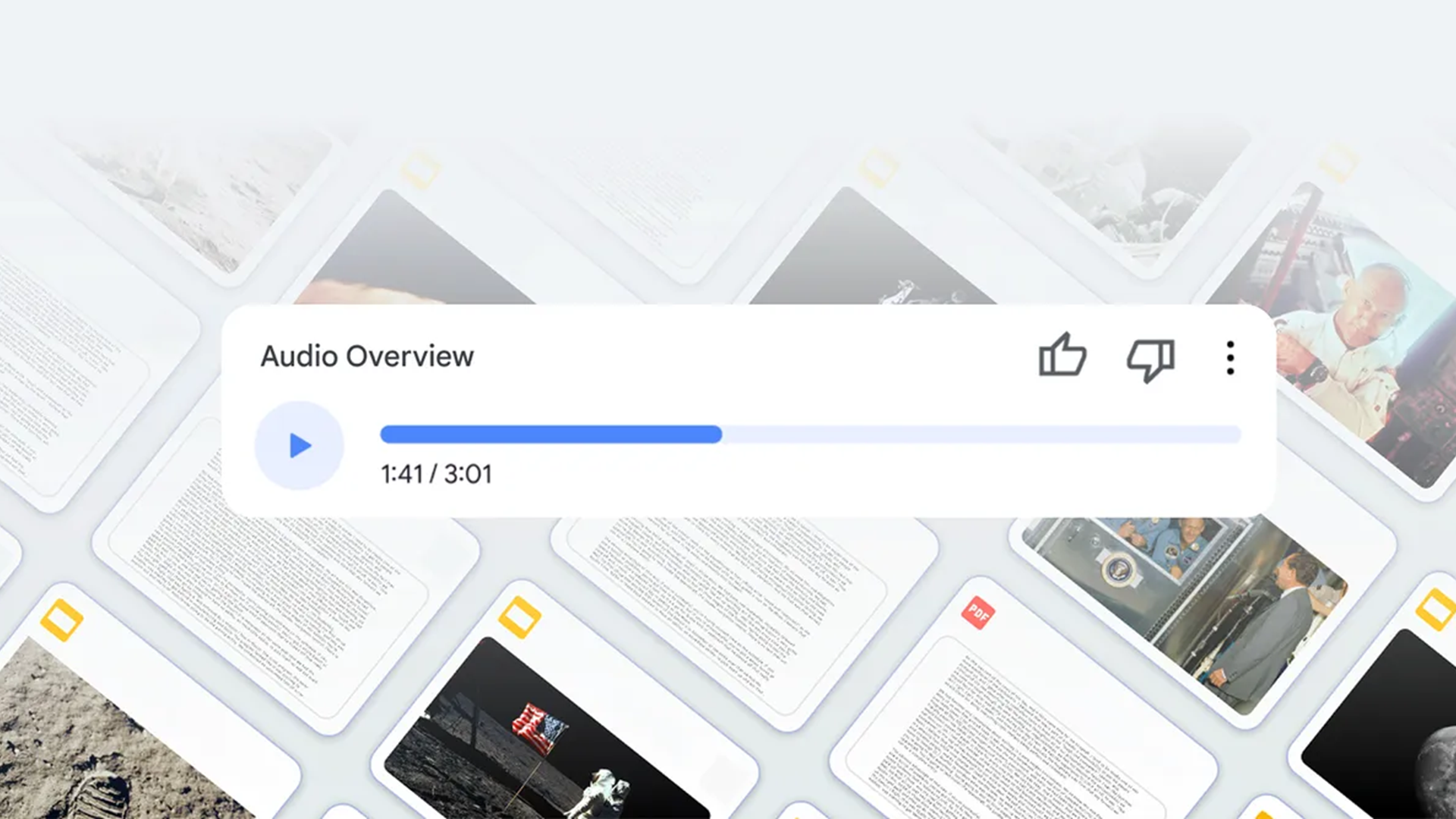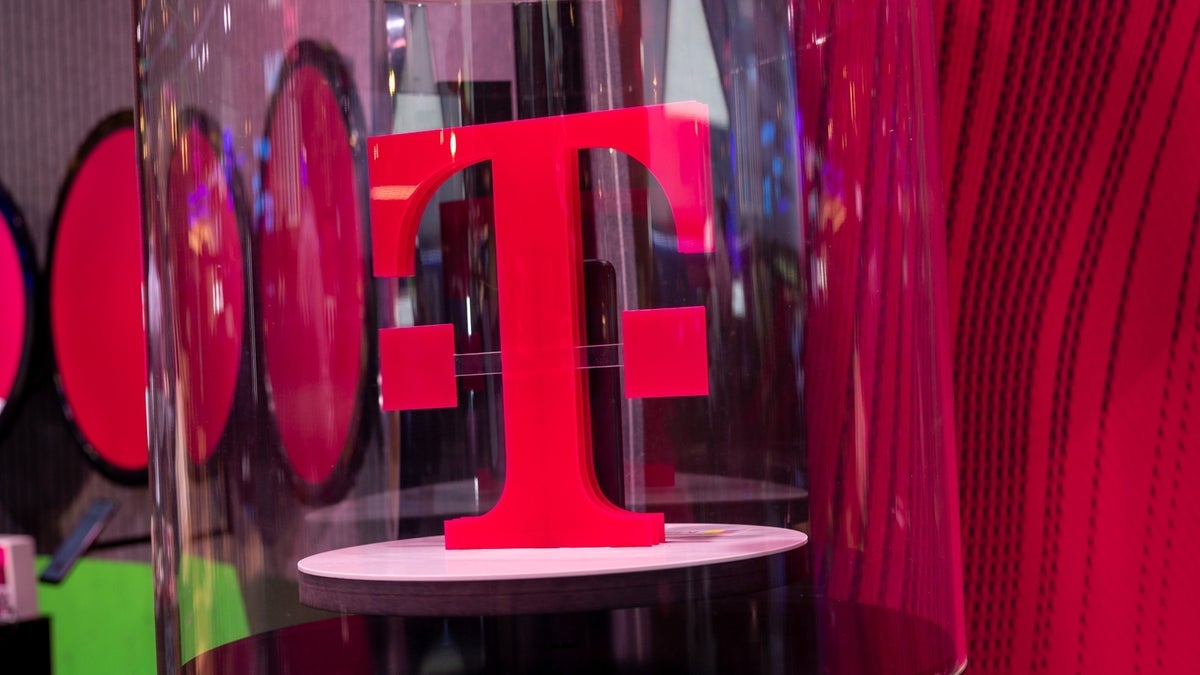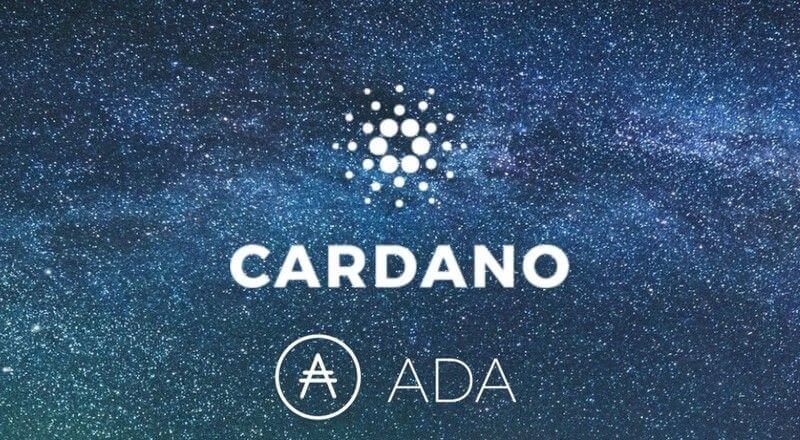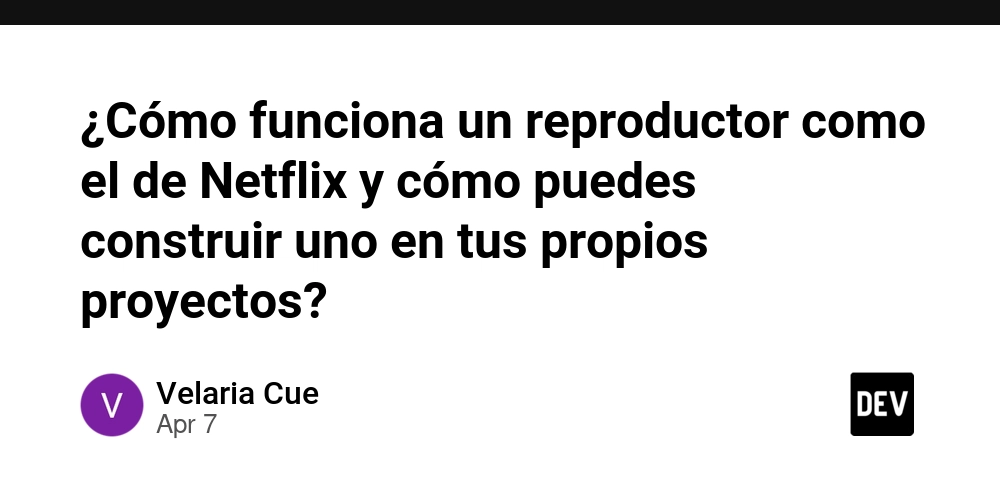Building a YAML Schema to Go Model Generator for OpenAI's API
When working with OpenAI's API, I needed to generate Go models from their YAML schema specification. Instead of manually creating these models, I built a generator using Go's text/template package. Here's how I did it and what I learned along the way. The Problem OpenAI provides their API specification in YAML format, but I needed strongly-typed Go models for my application. Manual conversion would be time-consuming and error-prone, especially when the API specs change. The Solution I created a generator that: Parses OpenAI's YAML schema Generates Go structs with proper types and JSON tags Handles complex types like oneOf/anyOf Generates proper marshaling/unmarshaling methods Let's look at an example of what the generator produces: // 10:16:output/ChatCompletionRequestUserMessage.go // Messages sent by an end user, containing prompts or additional context // information. type ChatCompletionRequestUserMessage struct { Content UserMessageContent `json:"content"` Name *string `json:"name,omitempty"` Role Role `json:"role"` } This was generated from a YAML schema like this: components: schemas: ChatCompletionRequestUserMessage: description: Messages sent by an end user, containing prompts or additional context information. type: object required: - content - role properties: content: $ref: '#/components/schemas/UserMessageContent' name: type: string role: $ref: '#/components/schemas/Role' Key Features 1. OneOf/AnyOf Handling One of the trickier parts was handling OpenAI's oneOf/anyOf patterns. For example, the UserMessageContent can be either a string or an array: // 19:22:output/ChatCompletionRequestUserMessage.go type UserMessageContent struct { UserMessageContentString *string UserMessageContentArray *[]ChatCompletionRequestUserMessageContentPart } The generator creates a struct with both possibilities and implements custom marshaling: // 37:54:output/ChatCompletionRequestUserMessage.go func (x UserMessageContent) MarshalJSON() ([]byte, error) { rawResult, err := x.Match( func(y string) (any, error) { return json.Marshal(y) }, func(y []ChatCompletionRequestUserMessageContentPart) (any, error) { return json.Marshal(y) }, ) if err != nil { return nil, err } result, ok := rawResult.([]byte) if !ok { return nil, fmt.Errorf("expected match to return type '[]byte'") } return result, nil } 2. Enum Support The generator also handles enums elegantly. For example, the ReasoningEffort enum: // 269:275:output/ChatCompletionRequest.go type ReasoningEffortEnum string const ( ReasoningEffortEnumHigh ReasoningEffortEnum = "high" ReasoningEffortEnumLow ReasoningEffortEnum = "low" ReasoningEffortEnumMedium ReasoningEffortEnum = "medium" ) 3. Documentation Preservation Notice how the generator preserves documentation from the YAML schema: // 10:13:output/ChatCompletionRequestDeveloperMessage.go // Developer-provided instructions that the model should follow, regardless of // messages sent by the user. With o1 models and newer, `developer` messages // replace the previous `system` messages. type ChatCompletionRequestDeveloperMessage struct { The Generator Template Here's a simplified version of the main template I used: const modelTemplate = ` // THIS IS GENERATED CODE. DO NOT EDIT package {{.PackageName}} import ( "encoding/json" "fmt" ) {{if .Description}}// {{.Description}}{{end}} type {{.Name}} struct { {{range .Properties}} {{.Name}} {{.Type}} ` + "`json:\"{{.JsonTag}},omitempty\"`" + ` {{end}} } {{if .HasOneOf}} func (x *{{.Name}}) Match( {{range .OneOfTypes}} fn{{.Name}} func(y {{.Type}}) (any, error), {{end}} ) (any, error) { {{range .OneOfTypes}} if x.{{.Name}} != nil { return fn{{.Name}}(*x.{{.Name}}) } {{end}} return nil, fmt.Errorf("invalid content: all variants are nil") } {{end}} ` Usage Using the generator is straightforward: func main() { schema, err := LoadYAMLSchema("openai-schema.yaml") if err != nil { log.Fatal(err) } generator := NewGenerator(schema) if err := generator.Generate("output/"); err != nil { log.Fatal(err) } } Benefits Type Safety: Generated models provide compile-time type checking Maintainability: Easy to regenerate when the API spec changes Consistency: Ensures all models follow the same patterns Documentation: Preserves API documentation in Go comments Conclusion Building this generator has significantly improved our OpenAI API integration workflow. The generated code is consistent, well-documented, and type-safe. When OpenAI updates their API, we can simply regene

When working with OpenAI's API, I needed to generate Go models from their YAML schema specification. Instead of manually creating these models, I built a generator using Go's text/template package. Here's how I did it and what I learned along the way.
The Problem
OpenAI provides their API specification in YAML format, but I needed strongly-typed Go models for my application. Manual conversion would be time-consuming and error-prone, especially when the API specs change.
The Solution
I created a generator that:
- Parses OpenAI's YAML schema
- Generates Go structs with proper types and JSON tags
- Handles complex types like oneOf/anyOf
- Generates proper marshaling/unmarshaling methods
Let's look at an example of what the generator produces:
// 10:16:output/ChatCompletionRequestUserMessage.go
// Messages sent by an end user, containing prompts or additional context
// information.
type ChatCompletionRequestUserMessage struct {
Content UserMessageContent `json:"content"`
Name *string `json:"name,omitempty"`
Role Role `json:"role"`
}
This was generated from a YAML schema like this:
components:
schemas:
ChatCompletionRequestUserMessage:
description: Messages sent by an end user, containing prompts or additional context information.
type: object
required:
- content
- role
properties:
content:
$ref: '#/components/schemas/UserMessageContent'
name:
type: string
role:
$ref: '#/components/schemas/Role'
Key Features
1. OneOf/AnyOf Handling
One of the trickier parts was handling OpenAI's oneOf/anyOf patterns. For example, the UserMessageContent can be either a string or an array:
// 19:22:output/ChatCompletionRequestUserMessage.go
type UserMessageContent struct {
UserMessageContentString *string
UserMessageContentArray *[]ChatCompletionRequestUserMessageContentPart
}
The generator creates a struct with both possibilities and implements custom marshaling:
// 37:54:output/ChatCompletionRequestUserMessage.go
func (x UserMessageContent) MarshalJSON() ([]byte, error) {
rawResult, err := x.Match(
func(y string) (any, error) {
return json.Marshal(y)
},
func(y []ChatCompletionRequestUserMessageContentPart) (any, error) {
return json.Marshal(y)
},
)
if err != nil {
return nil, err
}
result, ok := rawResult.([]byte)
if !ok {
return nil, fmt.Errorf("expected match to return type '[]byte'")
}
return result, nil
}
2. Enum Support
The generator also handles enums elegantly. For example, the ReasoningEffort enum:
// 269:275:output/ChatCompletionRequest.go
type ReasoningEffortEnum string
const (
ReasoningEffortEnumHigh ReasoningEffortEnum = "high"
ReasoningEffortEnumLow ReasoningEffortEnum = "low"
ReasoningEffortEnumMedium ReasoningEffortEnum = "medium"
)
3. Documentation Preservation
Notice how the generator preserves documentation from the YAML schema:
// 10:13:output/ChatCompletionRequestDeveloperMessage.go
// Developer-provided instructions that the model should follow, regardless of
// messages sent by the user. With o1 models and newer, `developer` messages
// replace the previous `system` messages.
type ChatCompletionRequestDeveloperMessage struct {
The Generator Template
Here's a simplified version of the main template I used:
const modelTemplate = `
// THIS IS GENERATED CODE. DO NOT EDIT
package {{.PackageName}}
import (
"encoding/json"
"fmt"
)
{{if .Description}}// {{.Description}}{{end}}
type {{.Name}} struct {
{{range .Properties}}
{{.Name}} {{.Type}} ` + "`json:\"{{.JsonTag}},omitempty\"`" + `
{{end}}
}
{{if .HasOneOf}}
func (x *{{.Name}}) Match(
{{range .OneOfTypes}}
fn{{.Name}} func(y {{.Type}}) (any, error),
{{end}}
) (any, error) {
{{range .OneOfTypes}}
if x.{{.Name}} != nil {
return fn{{.Name}}(*x.{{.Name}})
}
{{end}}
return nil, fmt.Errorf("invalid content: all variants are nil")
}
{{end}}
`
Usage
Using the generator is straightforward:
func main() {
schema, err := LoadYAMLSchema("openai-schema.yaml")
if err != nil {
log.Fatal(err)
}
generator := NewGenerator(schema)
if err := generator.Generate("output/"); err != nil {
log.Fatal(err)
}
}
Benefits
- Type Safety: Generated models provide compile-time type checking
- Maintainability: Easy to regenerate when the API spec changes
- Consistency: Ensures all models follow the same patterns
- Documentation: Preserves API documentation in Go comments
Conclusion
Building this generator has significantly improved our OpenAI API integration workflow. The generated code is consistent, well-documented, and type-safe. When OpenAI updates their API, we can simply regenerate our models.








































































































































































![[The AI Show Episode 143]: ChatGPT Revenue Surge, New AGI Timelines, Amazon’s AI Agent, Claude for Education, Model Context Protocol & LLMs Pass the Turing Test](https://www.marketingaiinstitute.com/hubfs/ep%20143%20cover.png)

































































































































![From drop-out to software architect with Jason Lengstorf [Podcast #167]](https://cdn.hashnode.com/res/hashnode/image/upload/v1743796461357/f3d19cd7-e6f5-4d7c-8bfc-eb974bc8da68.png?#)















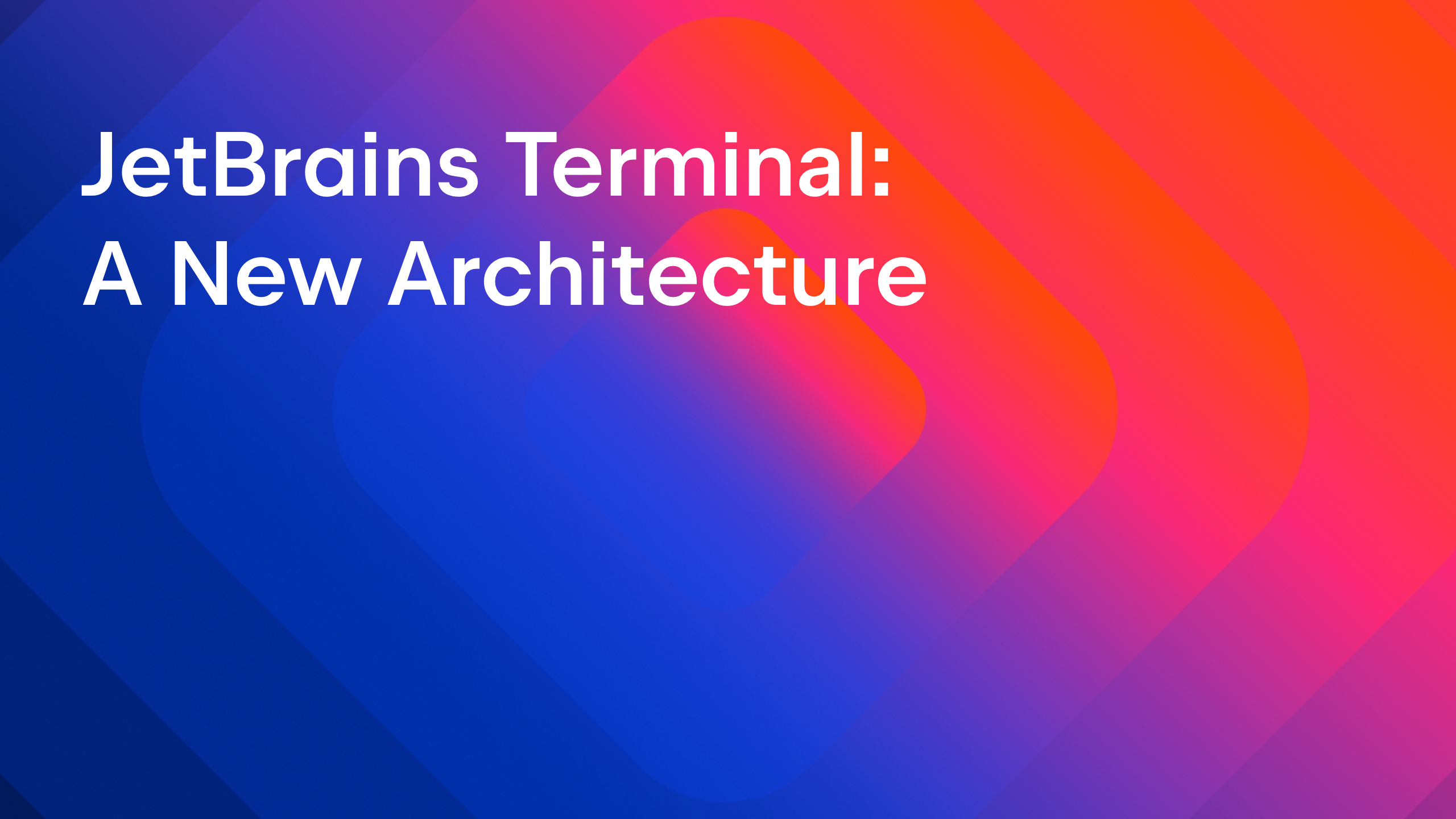

























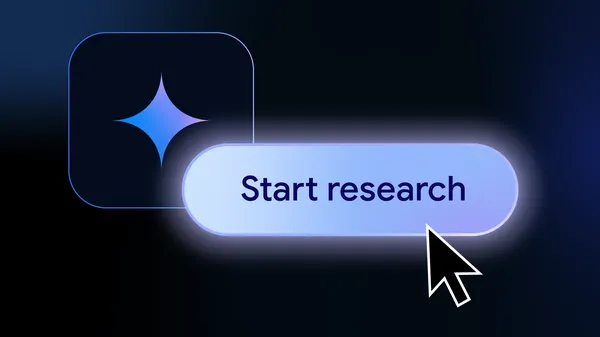
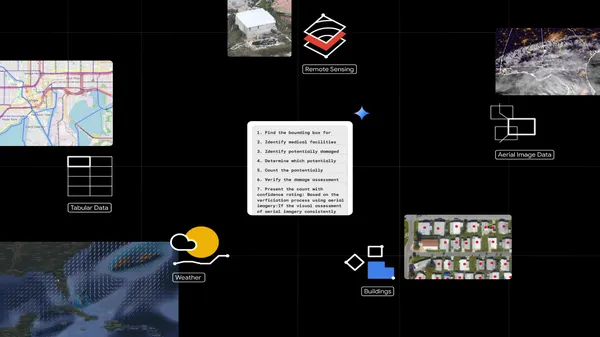







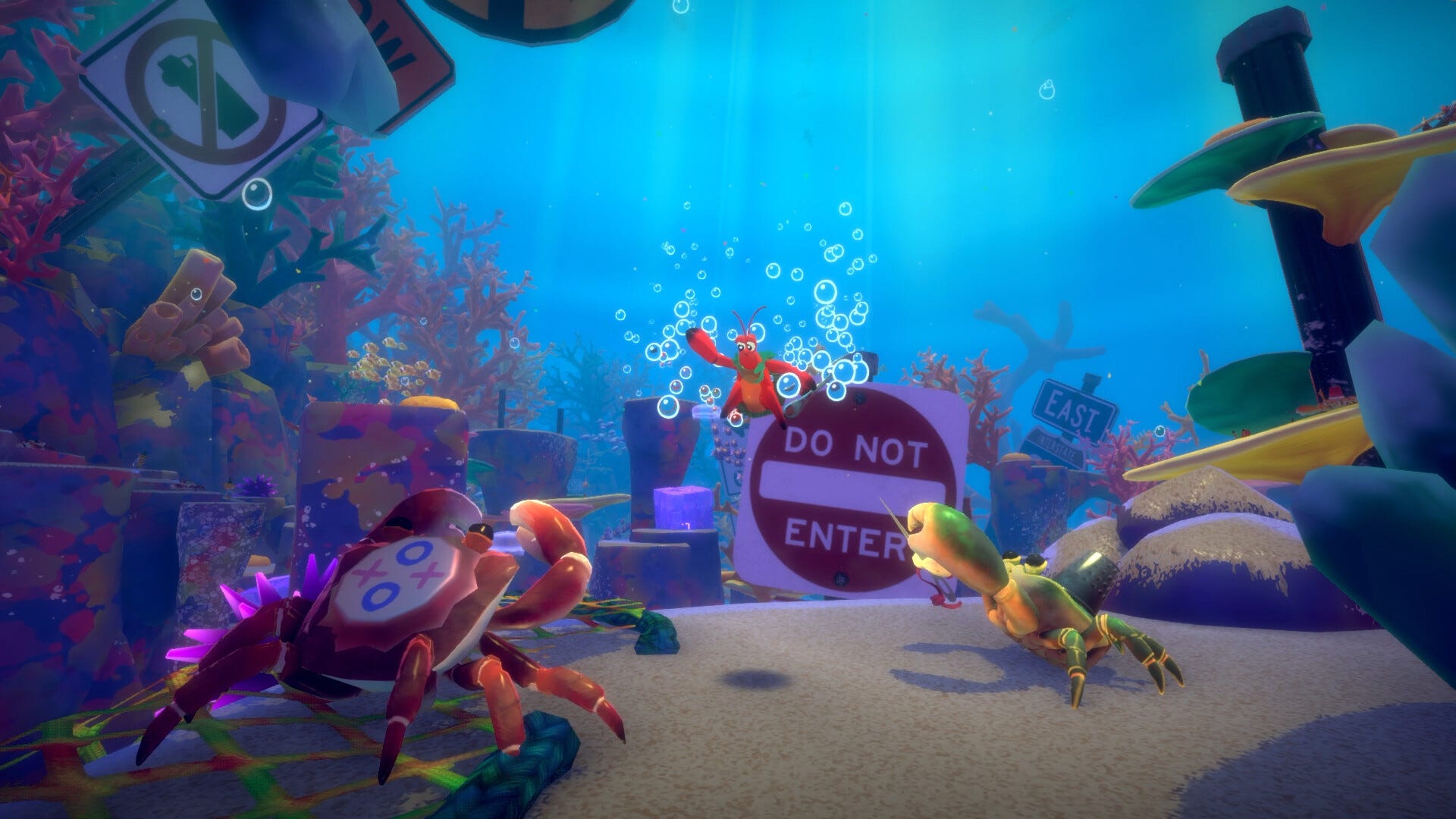





















































.jpg?#)































_ArtemisDiana_Alamy.jpg?#)


 (1).webp?#)






































































-xl.jpg)














![Yes, the Gemini icon is now bigger and brighter on Android [U]](https://i0.wp.com/9to5google.com/wp-content/uploads/sites/4/2025/02/Gemini-on-Galaxy-S25.jpg?resize=1200%2C628&quality=82&strip=all&ssl=1)









![Apple Rushes Five Planes of iPhones to US Ahead of New Tariffs [Report]](https://www.iclarified.com/images/news/96967/96967/96967-640.jpg)
![Apple Vision Pro 2 Allegedly in Production Ahead of 2025 Launch [Rumor]](https://www.iclarified.com/images/news/96965/96965/96965-640.jpg)
















